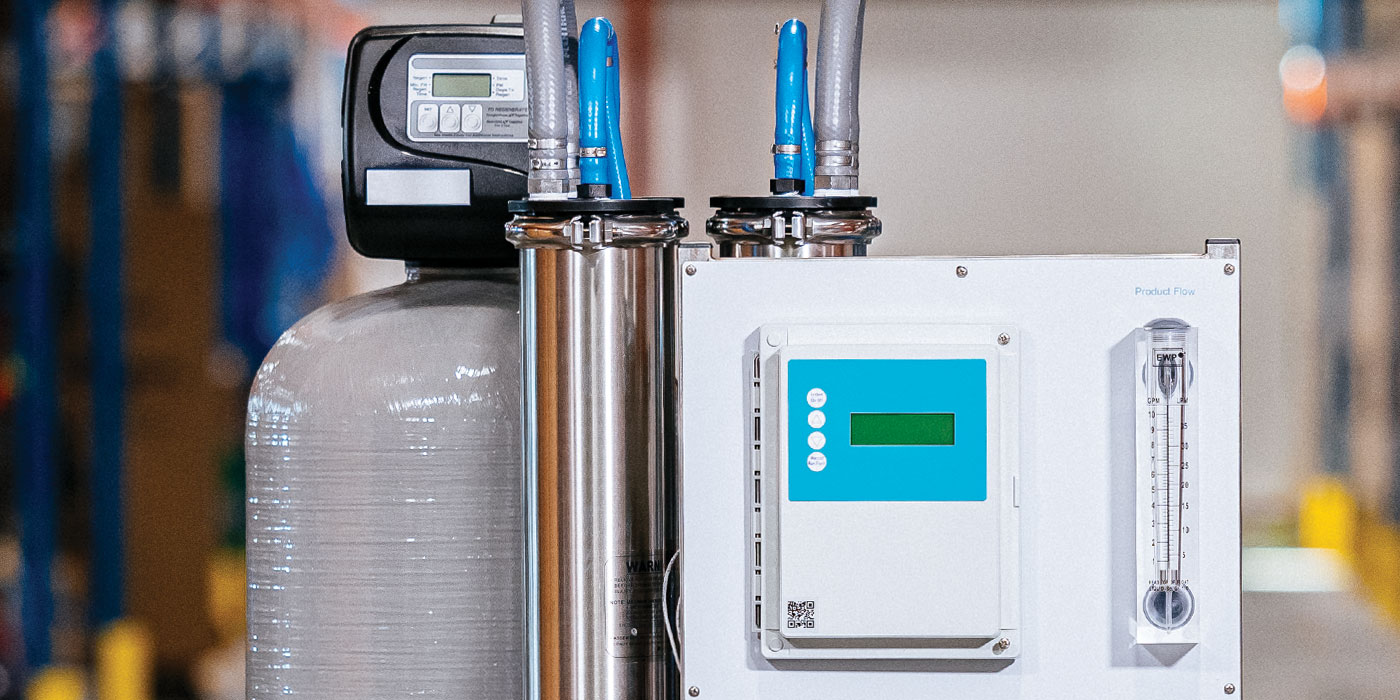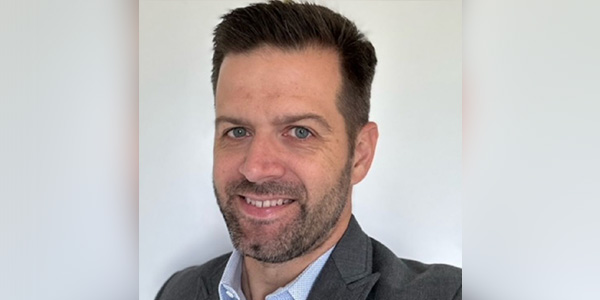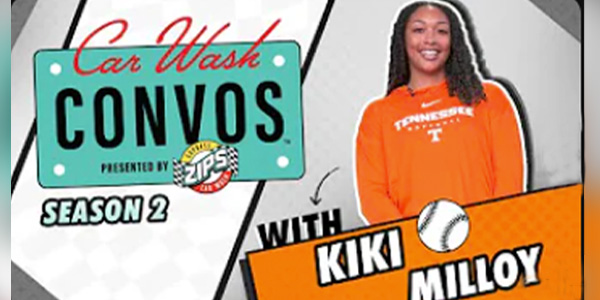Customers rightfully expect clean, dry and shiny results when they visit your carwash. The conditions of the market, its future and changes that are shaping the professional carwash industry are of little interest or concern to the average consumer. Unfortunately, this might also be the mindset and attitude of some carwash owners and operators out there, and if you’re one of them, it’s time to start paying attention. In short, the changes that are taking place in the professional carwashing industry now are bound to positively or negatively affect your business(es) — if they haven’t already. Fortunately, with market awareness, you can manage that outcome by maximizing on opportunities and investments and avoiding pitfalls.
No time to read this article? Listen to it instead!
The mood of the market
Over the past five-plus years, as the country has pulled out of the Great Recession, this publication has reported promising research from operators and encouraging data from manufacturers and suppliers on numerous occasions. In many cases, operators have reported record car counts and profits.
In fact, when we asked operators last year about their revenue comparison between 2017 and 2016, the majority (66%) noted that revenue either “increased” or “significantly increased,” and 60% of respondents also noted that 2017 car counts “increased” or “significantly increased” over the previous year. Furthermore, 68% expected revenue to increase in 2018.1
Brett Overman, who is the founder and CEO of Zips Car Wash, offers performance feedback on his carwash chain in particular, which is one of the largest in our nation. “We operate 180 stores and we know our numbers are up,” he asserts. “We’re washing more cars than ever. More people have entered the industry, and we know they’re washing a lot of cars, too.”
On the manufacturer side, equipment, chemical and supply companies are capable and happy to keep up with the increased demand. Some manufacturers share financial sales data, which we have covered on Carwash eNews, and these trends also support the fact that manufacturing in this industry has been on a steady upswing in recent years.
“The equipment manufacturers tend to provide good metrics on the current demand,” educates David Begin, managing partner of Wild Blue Car Wash, 2017 president of the International Carwash Association (ICA) and host of The How of Carwashing podcast. “Based off the information I saw this year, the equipment manufacturers have more work and have taken more orders than they even had in 2018.”
Many carwash professionals credit the advent of the express exterior model — where the goal is high volume with low labor — as a critical moment that changed the industry and attracted new investor attention.
According to Tom Mangas, CEO of the International Car Wash Group (ICWG), which is also a leading conveyor carwash chain in the U.S., the industry is currently witnessing a rapid rotation into express exterior models. “These changes are leading to an elevated maturation and professionalism of the entire carwash industry,” he states.
If you are a regular reader of this publication and its website, Carwash.com, and you have attended a recent carwash trade show in the past five years, you should be fully aware of the excitement and optimism around the market.
Whether you attend prominent regional shows, such as the Southwest Car Wash Association’s (SCWA) Convention & EXPO and the Northeast Regional Carwash Convention (NRCC), or our industry’s largest national trade show, The Car Wash Show™, you’ll find that they not only provide you with the unique ability to learn from other operators and see technology advancements firsthand, but these events also offer the benefit of seeing the transformation and maturation of our industry in person. Between the educational sessions, advanced equipment, leading software solutions and products on the show floor as well as the opportunity to meet some of carwashing’s most experienced leaders, investments in attendance and participation are well worth it. Fortunately, many operators have also agreed in recent years.
“Our last show in May in Nashville (The Car Wash Show 2019) was our largest show ever in terms of both floor size and number of attendees. Over the last several years, we’ve also seen record attendance at our educational seminars,” states Eric Wulf, who is the CEO of the International Carwash Association, which is the host of the annual event. “Our industry continues to be on a historic high, and it is incredibly strong right now. I don’t think the industry has ever had this much activity happening.”
Wulf adds that not only is activity high, but structural change is also the highest it has ever been. “Operators are bringing more employees to the show, looking to get better, and the number of new entrants into the market is at an unprecedented level,” he explains.
Professional Carwashing & Detailing magazine and the experts we spoke with for this article are not the only ones monitoring the market’s performance. Outside money and institutional investors have been keeping an eye on the industry as well. As mentioned, these new investors are driving up trade show attendance in addition to competition.
Private equity impact
When it comes to measuring the impact that private equity has made on our industry, many market insiders look at the transformational changes over the past 12 years that America’s largest conveyor operator chain has undergone.
Mister Car Wash, which currently owns and operates over 300 locations, was purchased in 2007 by private equity firm ONCAP. That same year, the chain added 21 new locations and became the second largest carwash chain in the U.S. By 2012, the chain accelerated its growth strategy, acquiring at the time an unheard of 51 locations within a 12-month period. In 2014, the company was purchased by Leonard Green & Partners, L.P. and is showing no signs of acquisition and new build deceleration as it now sits as the country’s largest conveyor carwash chain.2
This is just one example of many throughout our industry — including operators, manufacturers and distributors — where significant growth has been fueled by private equity investment and, ultimately, acquisition and consolidation. But, why now?
Begin, who says our market is currently in “hyper growth mode,” says it’s a matter of our industry proving its potential, advanced point-of-sale (POS) technology and the availability of capital coming together at the right time.
“Investors have studied the carwash model, and they like what they see; they like the returns and they like the way carwashes can now monitor and control transactions, especially from a remote location,” educates Begin. “In general, there’s a lot more private equity activity, as money is now available and looking for places to go … and, the carwash industry is one of those places. The industry has proven itself as a successful sector.”
Another primary reason that private equity and institutional investments are currently high is because our industry is still considered highly fragmented, and investors see it as a potential opportunity to consolidate.
“Institutional capital has finally recognized that we have a very fragmented industry,” confirms Overman. “Smart outside capital has realized that the carwash industry is a great industry, and new people are entering the space daily.”
We discuss the fragmentation of the industry, particularly on the operator side, later in this article. However, other experts offer more insight into why outside investments are particularly high at this moment of our industry’s century-old history.
Mangas, whose carwash chain, ICWG, was purchased by Roark Capital in 2017, notes that there is a “land grab mentality” among institutional investors that is being driven by cheap capital today and calls the carwash industry a dynamic market with significant growth potential.
“It’s a perfect storm for buyers and sellers,” asserts Mangas. “There is a convergence of facts that have made this market become a target for consolidation and new capital, like private equity. In addition to [being] highly fragmented and the opportunity to consolidate, credit has become cheaper and credit conditions have become easier. So, why now? Because people who have access to capital can exercise it in a way that they haven’t really been able to in this industry in the past.”
Sellers are also getting higher valuations on their carwash businesses by offering subscription-based programs, which attracts outside investment, and investments in land that are either in established or up-and-coming locales. When it comes to carwashing, the dirt you remove from customers’ cars is key to repeat business and happy patrons. However, the dirt under your feet could be worth just as much — or more.
“There are a lot of fundamental traits about the business that have always remained true. It’s an operating business with healthy margins that has an added advantage of the real estate component. You’re making money on your dirt, while it hopefully appreciates in value,” notes Wulf. “It’s a real estate investment plus an operating business plus a subscription model plus a business that won’t be disrupted by the internet plus low labor. Investors like that formula.”
Investors are also encouraged by the ease of entry and growing customer base of the industry as a whole in recent decades.
Driven by environmental awareness and proper education, more people are choosing professional carwashing over driveway washing. As stated in a Nonpoint Source Pollution Education guide on carwashing, provided by Massachusetts Energy and Environmental Affairs, about 116 gallons of water are used during the typical driveway carwash. Alternatively, noted the report, “Most commercial carwashes use 60% less water in the entire washing process than a simple home wash uses just to rinse off a car.”3
Consumers are getting the message. According to ICA research, the percentage of U.S. drivers who report most frequently washing their vehicles at a professional carwash increased from approximately 47% in 1994 to 72% in 2014. The industry’s leading association reports that over 2 billion cars are now washed each year in North America, and carwash retail sales across the continent are approximately $15 billion per year.4
In addition to environmental awareness, customers have switched in recent years to a do-it-for-me mindset, which has also contributed to a growing customer base to further intrigue investors. We’ll cover how technology and membership programs are playing a vital role later in this article as well as in the next issue.
But, since the state of the current carwash market and its future is being shaped by consolidation, let’s take a closer look at this trend first.
Consolidating the facts
Market research shows that there are approximately 28,500 conveyor/tunnel carwash locations in North America.4 According to our research, we estimate that only 5.5% of these locations are owned by the top 50 conveyor carwash chains in the U.S. Our industry has historically been considered highly fragmented, especially when compared to other sectors, such as hospitality, fast-food restaurants and convenience stores, where a much higher percentage of the top 50 chains control the total number of locations.
There is undoubtably a push to consolidate in this market, but just how high will that percentage increase in this industry in the next 10 years?
On the conservative side, Overman sees this number “reaching 20% and maybe more. We’re going to continue to see major institutional capital and publicly traded companies entering the carwash space,” he confirms.
Other insiders offer slightly more aggressive projections for the next 10 years. According to Mangas, “In 10 years, the top 50 chains will probably have 30% share of the conveyor space, and most of it will be concentrated in the top 10 or 15 chains.” Projecting much longer term, Mangas can see the percentage climbing to as high as 50%.
Begin also sees this number increasing to 30% and possibly 40% over the next 10 years. But, he offers encouraging advice to operators outside of the top 50. “There will always be a place in our industry for the operators who own just a few locations,” he explains. “The key will be to execute on their unlimited plans.”
Although still considered highly fragmented, Wulf sees the consolidation trend creating transformational change to the industry. Furthermore, these changes are primarily driving research and development efforts across the entire supply chain. Manufacturers have answered the demand with innovative technologies that produce consistent results using modern solutions.
For sellers on the fence, now might be the best time to consider an offer. Especially if you’re in a prime location, buyers are interested.
Mangas offers the following advice for sellers:
- Time is essential. Work with a partner that can get a deal done quick.
- Have a fair deal. Finalize a deal that is agreeable to both the seller’s and buyer’s needs.
- Assure employees and other investors. Partner with an organization that will treat the current employees fairly and help extend their careers in carwashing.
- Look for flexibility. If you’re still interested in being a part of the business, look for a partner that offers that flexibility.
Technology, subscriptions and driveway washing
Advancements in POS, site monitoring and software platforms have made it easier for multiple site operators to manage their businesses today. These advancements have reduced theft and played an important role in popularizing subscription-based models. These subscription-based models have helped operators overcome weather concerns and wavy profit line sheets.
“In many respects, subscription-based models hold the promise of adding increased security to a portion of operators’ revenue streams,” adds Wulf.
Not only have membership programs, diverse payment options and internet-based technology advanced our industry and its level of customer service, but some also see them as a precursor for a larger change. “My wild card prediction is that there will be a new business — a third-party technology platform — that will try to insert themselves between the customer and the operator, much like Hotels.com,” warns Mangas.
While some cited changes to the current business model and compressed profit margins moving forward, all of the experts we interviewed for this article are encouraged by the transformation that is occurring in the industry.
Fragmentation and consolidation aside, the industry is still filled with like-minded entrepreneurs who choose cooperation and participation over fierce competition. A century later, these characteristics continue to be the state of carwashing, and we hope that never changes.
Sources:
12019 Professional Carwashing Industry Report
2https://mistercarwash.com/about-us/history
3http://www.mass.gov/eea/agencies/massdep/water/watersheds/nonpoint-source-pollution-education-car-washing.html














